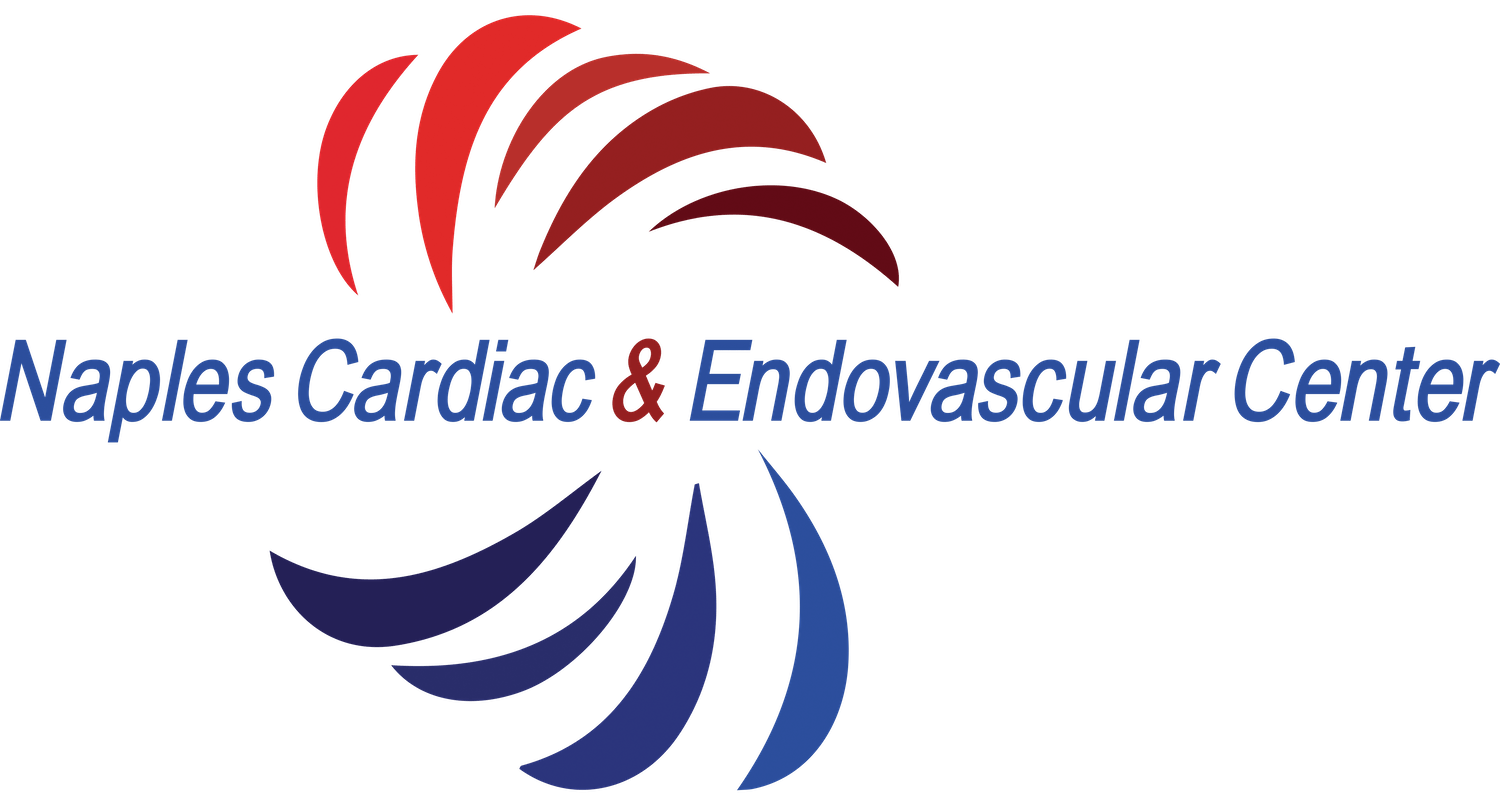What is cardiac PET scan?
A cardiac PET scan is a non-invasive diagnostic test used to assess the function of the heart. The test is performed by injecting a small amount of radioactive tracer into the patient's bloodstream. The tracer then travels to the heart, where it emits gamma rays that are detected by a PET scanner. The scanner produces images that show the Distribution of Myocardial Blood Flow (DMFB). The DMFB is an important indicator of cardiac function and can help doctors to diagnose and treat cardiovascular disease.
Cardiac PET scans are typically used in conjunction with other tests, such as echocardiography or stress testing, to provide a comprehensive assessment of heart health.
Dr. Labovitz provides an overview of what to expect during a cardiac PET scan, from preparation to post-scan care.
Why is it done?
Cardiac PET scans are used to diagnose a variety of cardiovascular conditions, including coronary artery disease, heart failure, and cardiomyopathies. The test can also be used to assess the effectiveness of treatments for these conditions. Cardiac PET scans are considered to be highly accurate and are often used to confirm the diagnosis of heart disease when other tests are inconclusive.
What can you expect during the test?
The Cardiac PET scan is a non-invasive test that is typically completed in 30-60 minutes. The patient will be asked to lie on a table and a small amount of radioactive tracer will be injected into their arm through an IV. The patient will then be moved into the PET scanner, where they will remain lying down for the duration of the scan. The scanner will take images of the heart and the patient will be able to see their own heart beating on a monitor in real-time. There is no pain or discomfort associated with the Cardiac PET scan and patients can return to their normal activities immediately afterward.
How to prepare for a cardiac PET?
Before having a cardiac PET scan, you should tell your doctor if you are pregnant, breastfeeding, or have any allergies. You will also need to fast for at least four hours before the test. This means that you should not eat or drink anything, except for water. You should also avoid caffeine and tobacco products. It is important to arrive on time for your Cardiac PET scan and to follow all instructions from your doctor or the technologist performing the test.
After the procedure
After the Cardiac PET scan, you will be able to return to your normal activities immediately. There are no side effects or risks associated with the test. Your doctor will interpret the images from the scan and will provide you with a report of their findings.
Get a Cardiac PET Scan today! Our team at Naples Cardiac and Endovascular Center is here to help. click below or call (239) 300–0586


